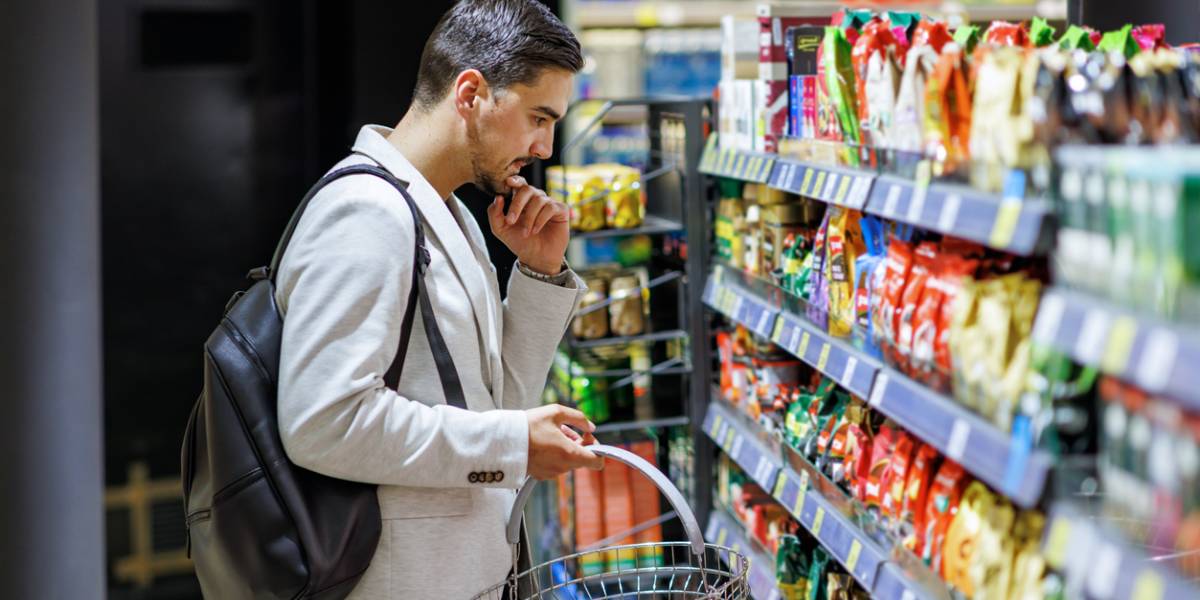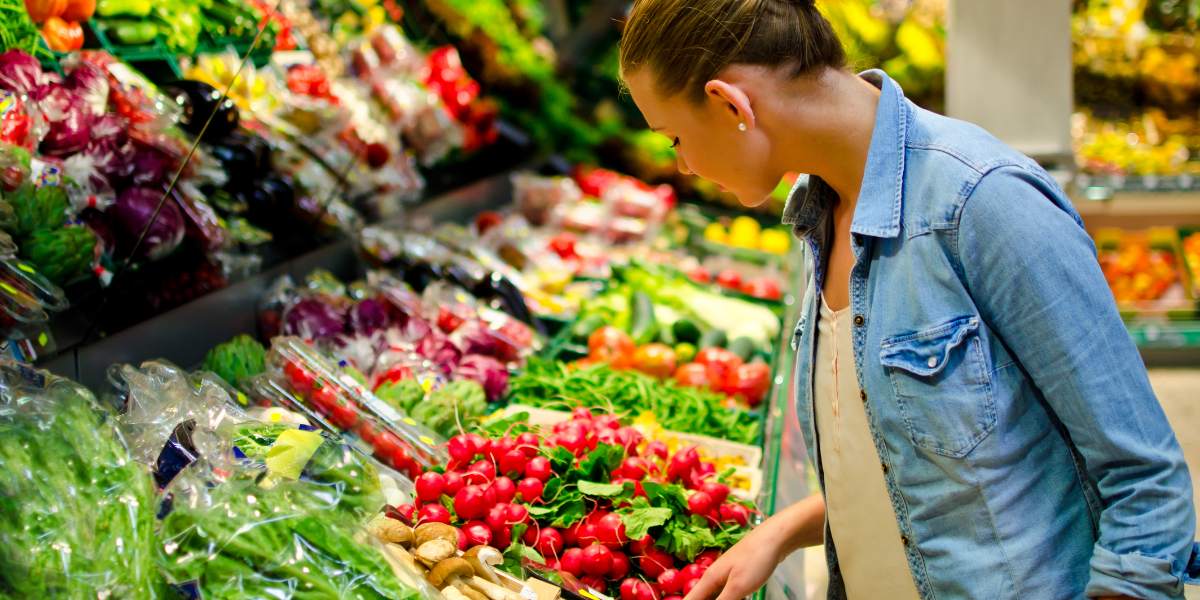The introduction of a tax on ultra-processed food in Colombia has received mixed reactions, with some critics saying the policy won’t improve the diet of the country’s poorest residents.
The ‘junk food law’, which came into effect in November, means that food which is industrially processed foods or high in salt and saturated fat has an additional 10% tax imposed.
This will rise to 15% next year and 20% in 2025.
While some health campaigners say it will help to curb rising rates of non-communicable diseases such as cancer and diabetes, others say more needs to be done to target the most vulnerable people.
Critics also say it won’t help people on low incomes who tend to consume cheaper, processed food out of necessity.
- Health complications associated with certain ultra-processed foods
- What the UPF: 1 in 7 adults addicted to ultra-processed food
- Eating ultra-processed food is associated with heart attacks and stroke
The tax also applies to processed meats and food labels will include warnings on items with high levels of sugar, salt and additives.
Shoppers interviewed in the capital city Bogotá had mixed feelings about how effective the new tax will be.
Liliana Cano, 43, said: “Instead of eating a bag of crisps, I’ll go to the fruit section of the supermarket.
“Everyone knows that a high amount of sugar or sodium is bad for health, so it’s a good idea to increase the tax on those products. But eating healthily is expensive.”
Hectór Cruz, 45, said: “The tax affects us in a tremendously unfair way. Practically all these products are giving us cancer and we know it, but what can we do with our budget? I agree that they should tax products like soft drinks and beers, but not staples.
“Of course, you would like to consume a healthy product with good proteins and minerals, but the unemployment rate is high and the economy is weakening. So people who maybe haven’t had breakfast or haven’t eaten anything by midday will just buy a bag of crisps for 3,000 pesos [60p].”
In Colombia, diseases like cancer account for around 76% of all deaths. Around 30% of adults have high blood pressure, and the average daily consumption of salt is 12g.
These latest measures, however, are unlikely to have a significant effect on diet, according to one expert.
Arne Dulsrud, a sociologist at Oslo Metropolitan University, was part of a research team which carried out a study on food insecurity in volatile south-west region, the Cauca province.
- Call for ultra-processed food packaging to feature warnings similar to cigarettes
- Ultra processed foods linked to depression risk
- Eating ultra processed food increases the risk of cancer
Dulsrud said: “I don’t think that the tax itself will increase the nutrient consumption of Colombia’s poorest.
“We found that even people in rural areas who have access to kitchen gardens or crop cultivation do not eat their crops but sell them on the market. They use this income to pay for school expenses for their children and to buy cheap food with lesser nutritional value, which is often highly processed.
“Tax can be one element of increasing consumption of healthy foods, but I think health reform would have to focus on the most vulnerable to be effective. Introducing healthy meals to schools can be one way.”
Guillermo Paraje, an economist and a leading researcher on health taxes in Latin America, said he did not think the new tax would negatively affect poorer people, saying: “You have to consider the whole package, not only the financial impact of the tax, but also the impact of illnesses caused by unhealthy food.
“In Latin America, as in most parts of the world, the poorest are most negatively affected by illnesses. They have poor access to the health system and many are employed informally and don’t have protections such as sick pay.”




